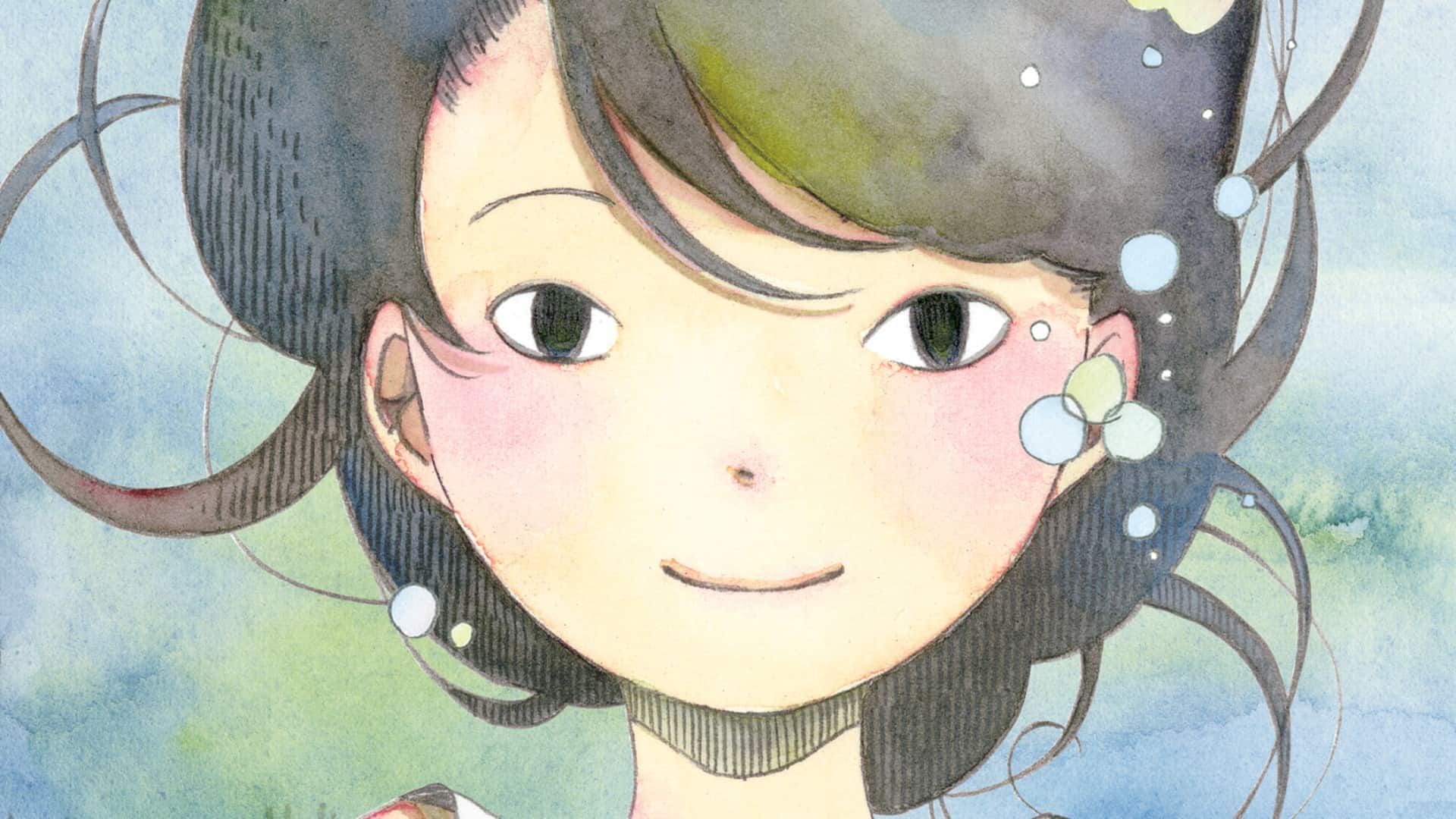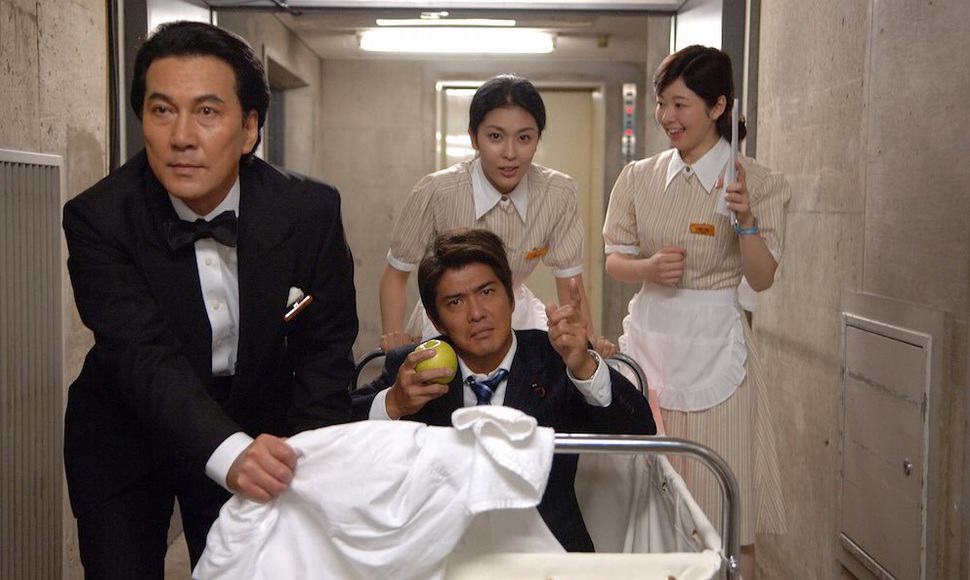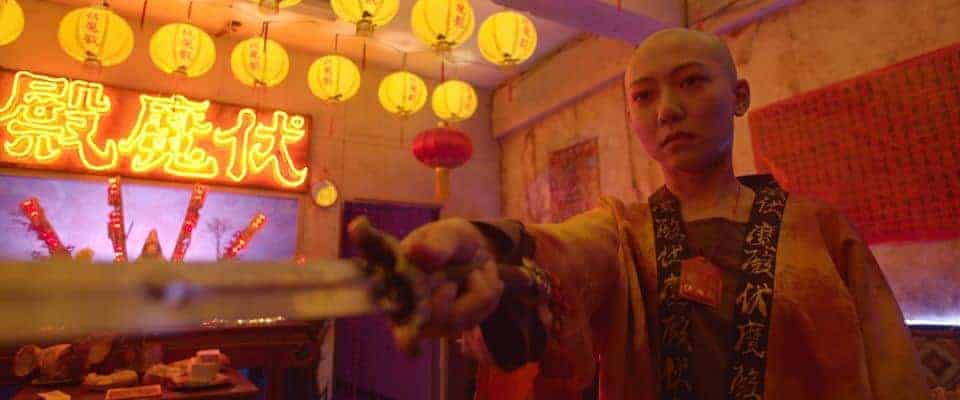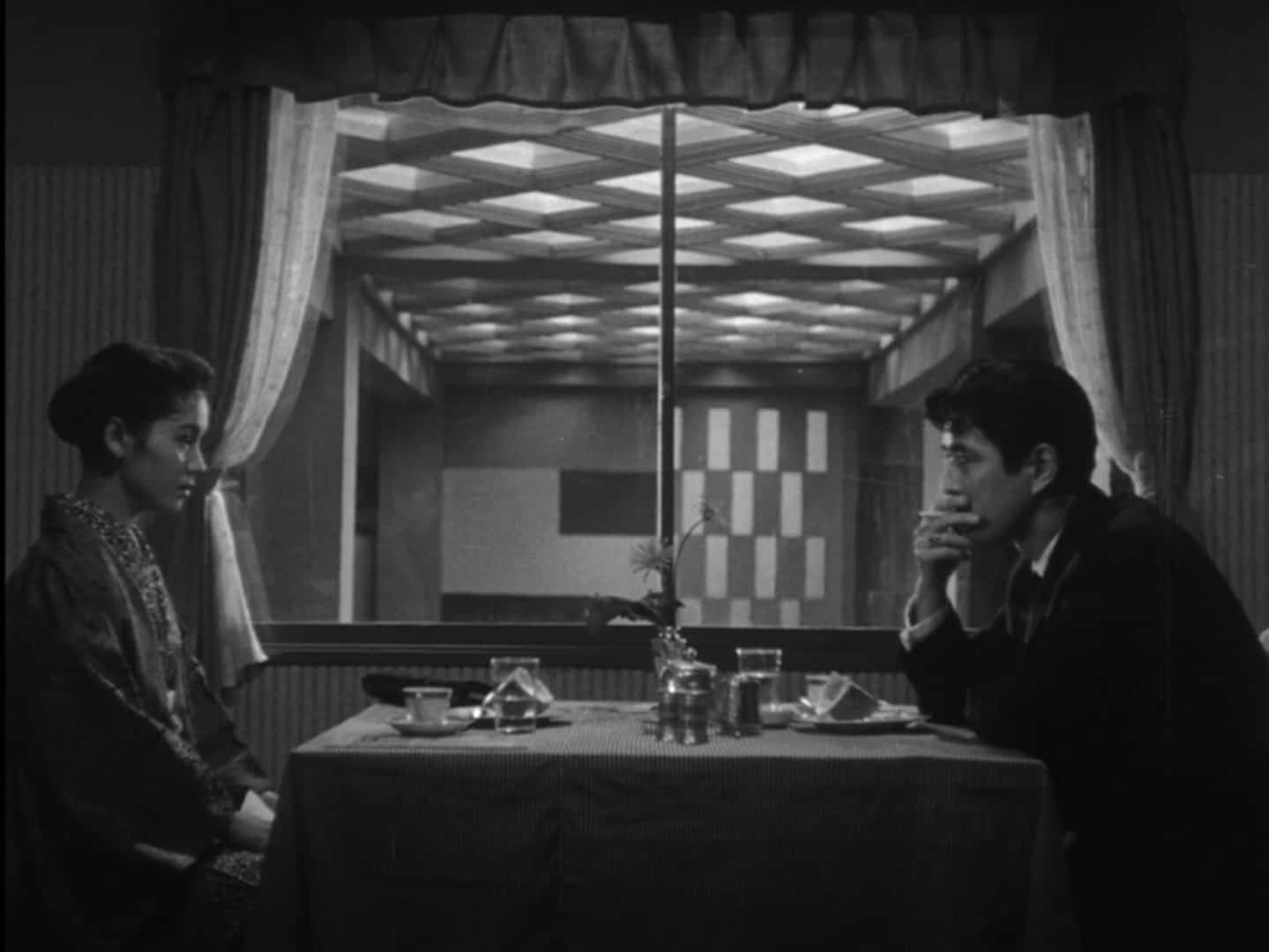Winner of the top prize in Rotterdam in 2018, Cai Chengjie's debut follows most of the rules of the Chinese art-house, including, though, enough elements to make it stand out from the plethora of similar films. Also of note is the film's back-story. “It initially appeared under the title of “Shaman” at China's independent-oriented Xining First Film Festival last summer. Despite winning top honors there, the film has reportedly since been substantially reedited — where 20 minutes of screen time were shed in the process”, according to Variety.com
The Widowed Witch is available from OVID.tv and Icarus Films
The film revolves around Erhao, who, as the story begins, and after a rather surrealistic intro, has been widowed for the third time, after an explosion at the illegal fireworks factory she runs with her husband, killed him and left her comatose. As soon as she wakes up from the coma, and still unable to move, she is raped by her brother-in-law, in a rather shocking, point-of-view scene. Furthermore, a bit later, the women in the area she lives accuse her for being cursed and even end up shooting her, in a series of events, however, that has her acknowledging and even adapting to the role of the witch, everyone seems to accuse or take her for, particularly after some vague advice she gives to some men, end up with them being cured. Soon, she begins a travel in her van, along with her husband's deaf brother, in search for a place where she will finally be welcome.
The main and more obvious theme of the film, that has Erhao roaming the streets in misery, searching for happiness in an iced area that looks like a dystopia and finding only more grief, could easily lead to a misery-porn production. And although this element is not completely avoided, Cai Chengjie has enough going not to allow the film from hitting this reef head-on. First and foremost, the main comment of the narrative, which revolves around the place of women in Chinese society, with both Erhao and the other ones that appear on the story being presented as “slaves” of a male society that just uses them for labor and reproduction, considering them second class citizens, without any say in any kind of decision made by the men. Both Erhao's futile struggle to get away from these bonds, and the story of her ex-husband's sister, whom she tries to help by conning her husband, point towards this direction, in a rather harsh but quite realistic comment.

The second element is the fable-like nature of the narrative, which frequently moves back and forth between reality and myth, despite the fact that the focus is on realism, adding thus, to the entertainment the film offers.
The third is the road-movie aesthetics, and subsequently, the impressive way the setting and the various events are shot by DOP Jiao Feng, with particularly the rape scene, the ones where Erhao is dressed as an actual witch and the ending, being the most memorable. The mostly monochrome cinematography again stresses the misery porn element, but there is enough beauty here to tone down this aspect, with the same applying to the occasional splashes of color that appear on screen.

Li Cheng's editing on the other hand, may induce the movie with a very fitting slow pace, in accordance with the rules of the Chinese art-house, but the film still feels very long, since a number of scenes have nothing to offer, and others are too long for no apparent reason.
Tian Tian as Erhao had a very difficult part, both in terms of presenting all her emotions, thoughts and psychological statuses in laconic fashion and physically, but she delivered exceptionally, anchoring the film with her performance.
“The Widowed Witch” has its faults, particularly regarding its length, but there is enough beauty and context here to deem it a more than worthy spectacle and a rather hopeful debut.















